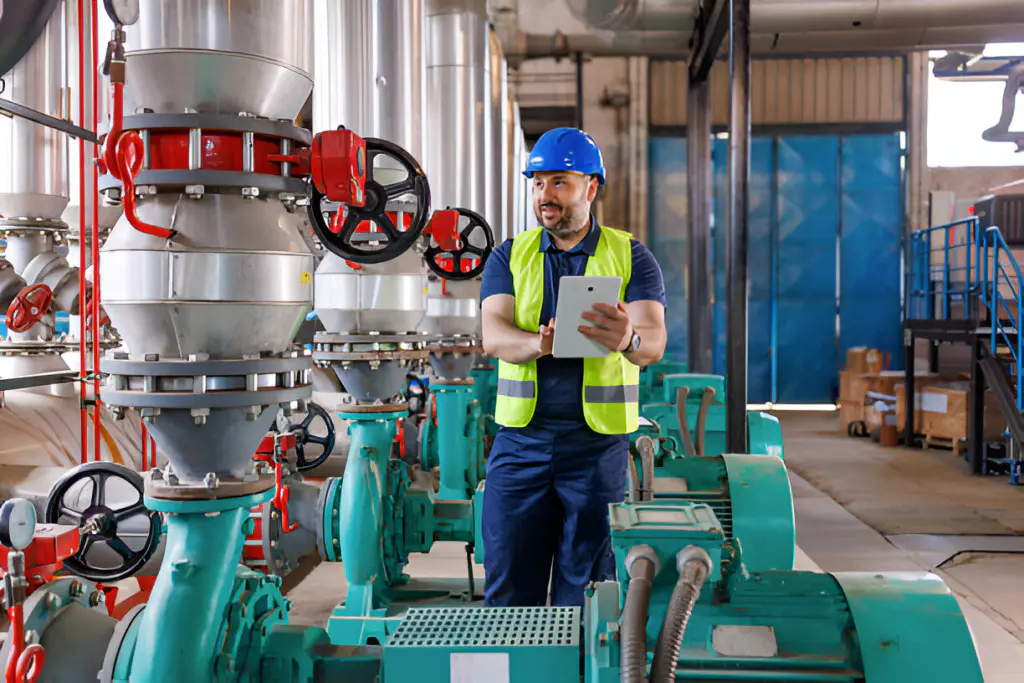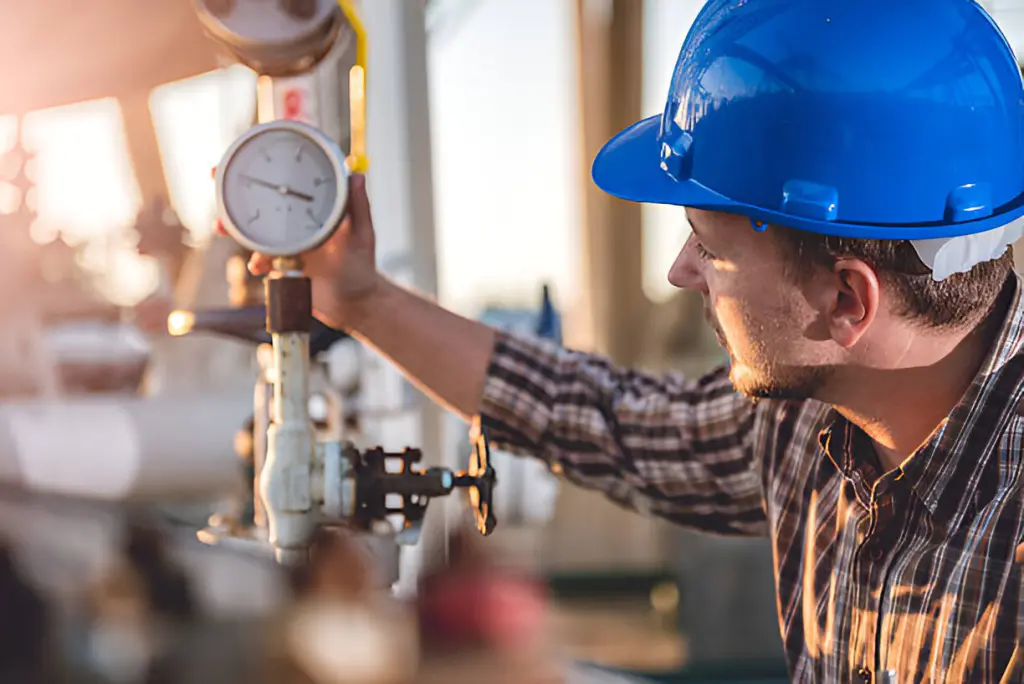As you manage your business, it’s essential to recognize the importance of obtaining a gas safety certificate for your commercial premises. This document isn’t just a formality; it’s a crucial safeguard against the real risks of gas-related incidents that could jeopardize both your staff’s and customers’ well-being. You’ll need to navigate through a series of steps involving rigorous inspections by qualified engineers and strict adherence to the latest legal frameworks. But what happens if you overlook this critical requirement, and how might this oversight impact your business operations and reputation? Let’s explore the potential consequences and the proactive measures you can implement to ensure compliance and safety. Let’s understand Gas Safety Certificates for Commercial Premises.
Importance of Gas Safety Certificates
Gas safety certificates are essential for maintaining the safety and compliance of any commercial establishment utilizing gas appliances.

As a business owner, you must understand the importance of gas safety. These certificates serve as proof that your gas installations and appliances meet stringent safety standards.
Without them, you’re not only risking potential gas leaks or fires but are also jeopardizing the trust of your employees, customers, and stakeholders. The impact on business can be profound; adherence elevates your reputation for safety and responsibility.
Conversely, negligence can lead to disastrous consequences, including legal liabilities and devastating accidents.
Prioritizing gas safety isn’t just regulatory—it’s pivotal to ensuring the ongoing viability and integrity of your business operations.
Legal Requirements for Compliance
To comply with legal standards, you must secure a gas safety certificate for your commercial premises annually.
Navigating the intricate regulatory frameworks requires a deep understanding of the specific statutes and regulations that govern your sector. You’re tasked not merely with passing an inspection but ensuring continuous compliance throughout the year.
Utilize compliance checklists to systematically verify all aspects of your gas systems meet rigorous safety standards.
These checklists are crucial; they serve as your roadmap through the compliance process, highlighting potential vulnerabilities and ensuring no requirement is overlooked.
Remember, non-compliance can lead to severe penalties, including fines and operational shutdowns.
It’s imperative to keep abreast of any changes in legislation to maintain your standing and avoid legal pitfalls.
Steps to Obtain a Certificate
With your understanding of legal requirements and compliance in place, securing a gas safety certificate is your next step. The application process involves several meticulous stages designed to ensure the safety and compliance of your commercial premises.
First, you’ll need to prepare detailed documentation of all gas appliances and systems in your facility. This includes maintenance records and previous inspection reports, which provide crucial information on the condition and safety of your gas systems.
Next, submit these documents to a certified authority, which will review them for completeness and adherence to safety standards. Once approved, an inspection is scheduled.
Identifying Qualified Engineers
Finding qualified engineers to inspect and certify your commercial gas systems is a crucial step. You’ll need someone with the right blend of expertise and certification standards.

To ensure you’re selecting a top-tier professional, verify that the engineer holds a current certification from a recognized accrediting body. This certification confirms they’ve met stringent engineer qualifications, including knowledge of the latest safety protocols and technological advancements in gas systems.
Additionally, check their professional history for relevant experience with commercial installations similar to yours. Ask for references and review feedback from other businesses to gauge their reliability and proficiency.
Common Gas Hazards in Businesses
Understanding common gas hazards in your business is essential for maintaining a safe working environment.
Gas leak detection systems serve as the first line of defense, alerting you to potential dangers before they escalate. It’s crucial to install and monitor these systems meticulously, ensuring they function optimally around the clock.
Furthermore, don’t underestimate the power of employee training; it’s your most reliable safeguard against gas-related incidents.
Training should cover the correct operation of gas appliances, immediate steps to take in case of a gas leak, and the importance of reporting potential hazards promptly.
Regular Maintenance and Inspections
To ensure the safety and efficiency of your commercial gas systems, regular maintenance and thorough inspections are indispensable.
Adopting preventive measures, you’ll mitigate risks and extend the lifespan of your equipment. It’s crucial to establish a routine where inspection frequency aligns with the usage intensity and the manufacturer’s recommendations. Typically, annual inspections are adequate, but for high-use systems, a bi-annual schedule may be necessary.
Each inspection should comprehensively assess connections, pressure levels, safety controls, and the integrity of gas lines and appliances.
Don’t overlook the importance of immediate action if deficiencies are detected. Regular upkeep not only ensures compliance with safety regulations but also significantly reduces the potential for hazardous incidents, thereby protecting your assets and ensuring operational continuity.
Documentation and Record Keeping
While maintaining your gas systems, it’s essential you also focus on meticulous documentation and record-keeping. Effective documentation practices ensure that every inspection, maintenance activity, and repair is recorded accurately. This isn’t just about staying organized; it’s a critical component of safety management and regulatory compliance.

You must establish a robust record retention system that allows for easy retrieval and review of documents. This system should detail the dates of inspections, the nature of any faults identified, the remedial actions taken, and the names of individuals involved.
Adhering to these practices not only enhances safety protocols but also prepares you for any audits or inspections. Remember, thorough record-keeping is your safeguard and proof of compliance.
Penalties for Non-Compliance
Failing to comply with gas safety regulations can lead to severe penalties for your business.
You’ll face serious financial repercussions if found non-compliant. Fines can escalate swiftly, significantly impacting your financial stability.
Moreover, the legal ramifications are equally daunting. Non-compliance may result in criminal charges, which could tarnish your reputation and long-term business prospects. Authorities take these violations seriously, and the consequences reflect this stance.
To avoid such severe outcomes, it’s critical to adhere strictly to all prescribed safety measures and regulations.
Best Practices for Gas Safety
Understanding the severe penalties associated with non-compliance in gas safety underscores the importance of adopting best practices in your commercial premises.
Ensuring robust safety measures not only protects your business but also your employees and customers. Here are key practices to implement:
- Regular Maintenance Checks: Schedule routine inspections to maintain gas appliance efficiency and safety.
- Emergency Response Training: Equip your staff with the skills to handle gas leaks and emergencies effectively.
- Installation Compliance: Always use certified professionals for installation and repairs to meet strict safety standards.
- Ventilation Systems: Ensure proper ventilation to prevent gas accumulation and promote air quality.
Adhering to these practices will help you achieve compliance and foster a safe working environment.
Conclusion
You must prioritize obtaining a gas safety certificate to ensure your commercial premises meet critical safety standards. By engaging qualified engineers and adhering to stringent regulations, you safeguard both your staff and customers while enhancing your business’s reputation. Remember, regular maintenance and diligent record-keeping are key to compliance. Don’t risk severe penalties for non-compliance—invest in the best practices for gas safety and maintain a proactive stance to protect your enterprise and uphold industry standards.
w









